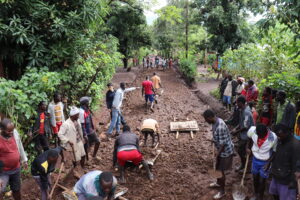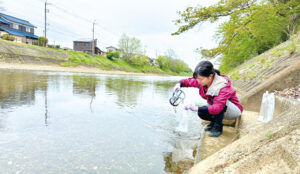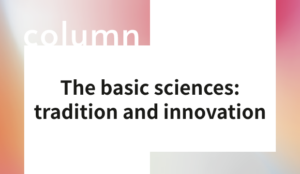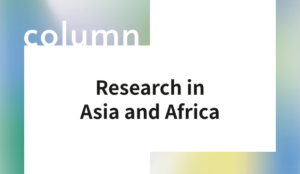SPLASH Project: Realizing Safe Water, Sanitation and Hygiene through Participatory Risk Visualization
In urban low-income settlements of sub-Saharan Africa, where water, sanitation and hygiene (WASH) lags behind, cholera outbreaks sporadically occur, and diarrhea is a major cause of death among children under-five years. Although inadequate WASH is a major driver of such negative health impacts, WASH is a low priority for the local residents and its improvement have been slow.
With an emphasis on ‘Experienced, but taught,” the SPLASH (Stimulating Participatory risk-based PLanning for WASH) project is building systems for a sanitary and comfortable life through proactive WASH improvements by residents. Based on the technology for simultaneous quantification of multiple pathogenic micro-organisms and diarrhea risk analysis, residents themselves carry out fecal coliform testing of water and living environment, visualize the diarrhea risk, and design and implement their own WASH action plans with the support of the smartphone App. Furthermore, by converting the survey data collected by residents into big data, the project aims to create bottom-up WASH statistics, contributing to the formulation of effective WASH policies.
This project is being conducted in collaboration with the University of Zambia, the Lusaka City Council Department of Public Health, and the Lusaka Water Supply and Sanitation Company. It is titled as “Risk-based Participatory WASH Planning and Citizen-data WASH Statistics for African Peri-urban Settlements,” under the Science and Technology Research Partnership for Sustainable Development (SATREPS) program, supported by the Japan Science and Technology Agency (JST) and Japan International Cooperation Agency (JICA).










